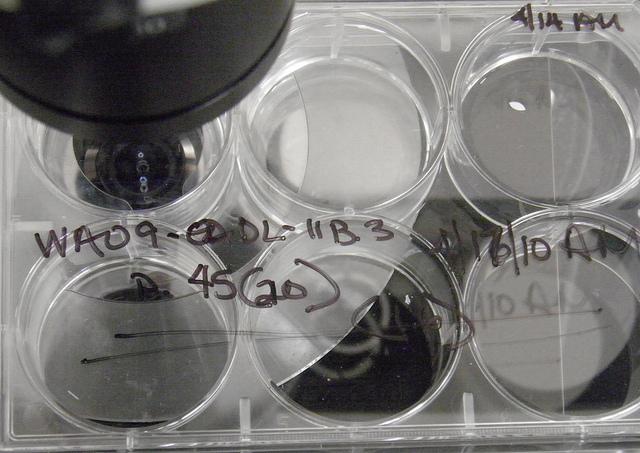Aggregated News

As biological research races forward, ethical quandaries are piling up. In a report published Tuesday in the journal eLife, researchers at Harvard Medical School said it was time to ponder a startling new prospect: synthetic embryos.
In recent years, scientists have moved beyond in vitro fertilization. They are starting to assemble stem cells that can organize themselves into embryolike structures.
Soon, experts predict, they will learn how to engineer these cells into new kinds of tissues and organs. Eventually, they may take on features of a mature human being.
In the report, John D. Aach and his colleagues explored the ethics of creating what they call “synthetic human entities with embryolike features” — Sheefs, for short. For now, the most advanced Sheefs are very simple assemblies of cells.
But in the future, they may develop into far more complex forms, the researchers said, such as a beating human heart connected to a rudimentary brain, all created from stem cells. Such a Sheef might reveal important clues about how nerves control heartbeats. Scientists might be able to use other Sheefs to...



